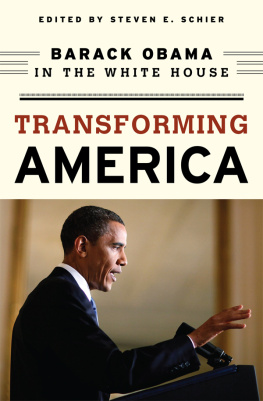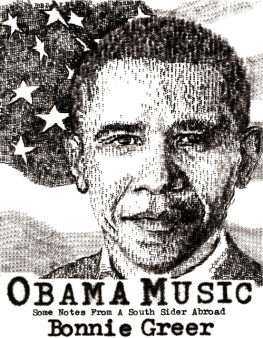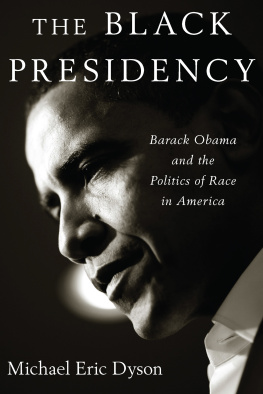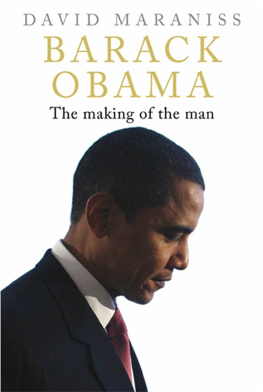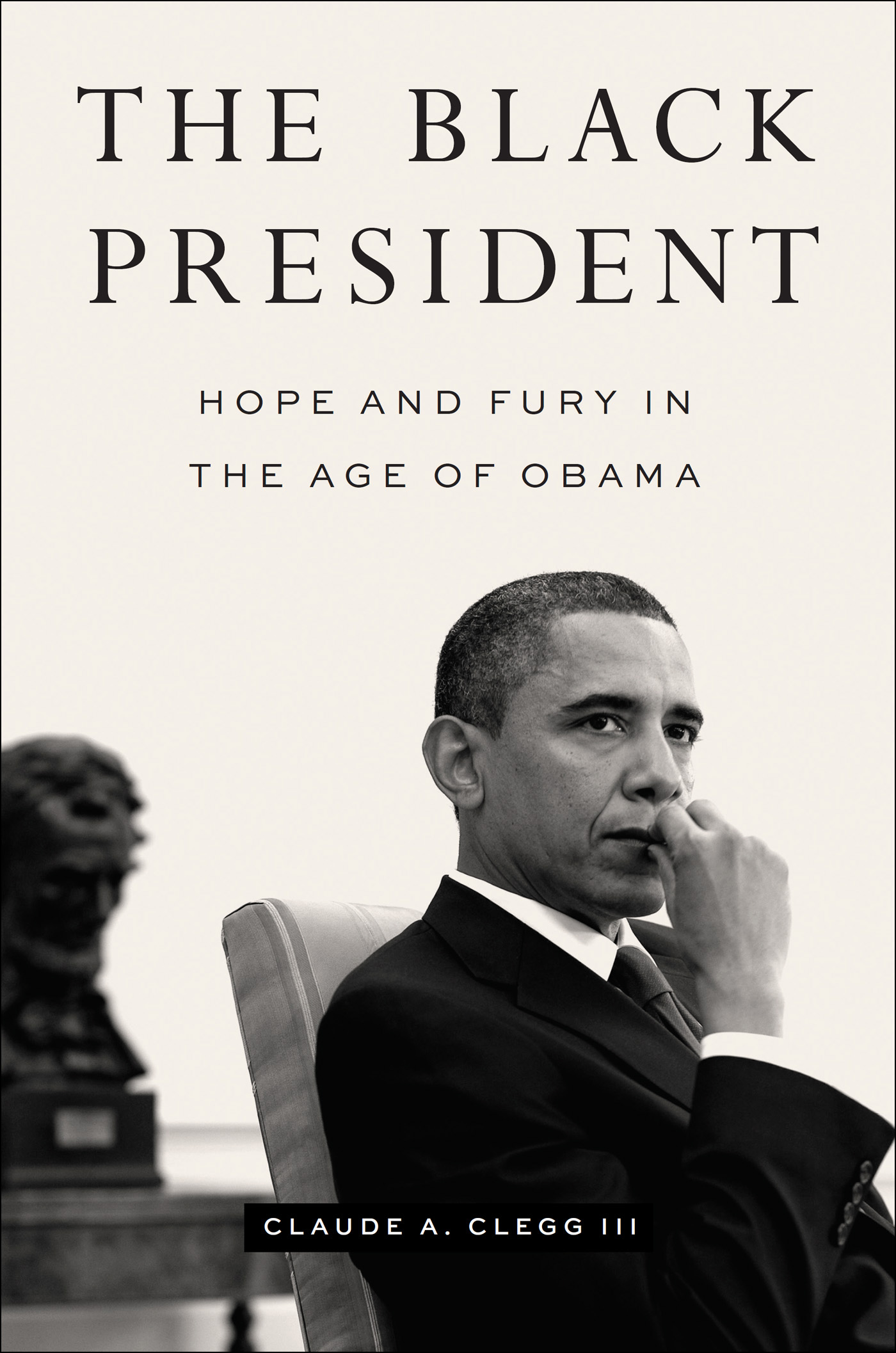Claude A. Clegg III - The Black President: Hope and Fury in the Age of Obama
Here you can read online Claude A. Clegg III - The Black President: Hope and Fury in the Age of Obama full text of the book (entire story) in english for free. Download pdf and epub, get meaning, cover and reviews about this ebook. year: 2021, publisher: Johns Hopkins University Press, genre: Politics. Description of the work, (preface) as well as reviews are available. Best literature library LitArk.com created for fans of good reading and offers a wide selection of genres:
Romance novel
Science fiction
Adventure
Detective
Science
History
Home and family
Prose
Art
Politics
Computer
Non-fiction
Religion
Business
Children
Humor
Choose a favorite category and find really read worthwhile books. Enjoy immersion in the world of imagination, feel the emotions of the characters or learn something new for yourself, make an fascinating discovery.

- Book:The Black President: Hope and Fury in the Age of Obama
- Author:
- Publisher:Johns Hopkins University Press
- Genre:
- Year:2021
- Rating:5 / 5
- Favourites:Add to favourites
- Your mark:
The Black President: Hope and Fury in the Age of Obama: summary, description and annotation
We offer to read an annotation, description, summary or preface (depends on what the author of the book "The Black President: Hope and Fury in the Age of Obama" wrote himself). If you haven't found the necessary information about the book — write in the comments, we will try to find it.
The first sweeping, legacy-defining history of the entire Obama presidency.
Finalist of the PROSE Award for Best Book in Biography & Autobiography by the Association of American Publishers
In The Black President, the first interpretative, grand-narrative history of Barack Obamas presidency in its entirety, Claude A. Clegg III situates the former president in his dynamic, inspirational, yet contentious political context. He captures the America that made Obamas White House years possible, while insightfully rendering the America that resolutely resisted the idea of a Black chief executive, thus making conceivable the ascent of the most unlikely of his successors.
In elucidating the Obama moment in American politics and culture, this book is also, at its core, a sweeping exploration of the Obama presidencys historical environment, impact, and meaning for African Americansthe tens of millions of people from every walk of life who collectively were his staunchest group of supporters and who most starkly experienced both the euphoric triumphs and dispiriting shortcomings of his years in office. In Obamas own words, his White House years were the best of times and worst of times for Black America. Clegg is vitally concerned with the veracity of this claim, along with how Obama engaged the aspirations, struggles, and disappointments of his most loyal constituency and how representative segments of Black America engaged, experienced, and interpreted his historic presidency.
Clegg draws on an expansive archive of materials, including government records and reports, interviews, speeches, memoirs, and insider accounts, in order to examine Obamas complicated upbringing and early political ambitions, his delicate navigation of matters of race, the nature and impacts of his administrations policies and politics, the inspired but also carefully choreographed symbolism of his presidency (and Michelle Obamas role), and the spectrum of allies and enemies that he made along the way. The successes and the aspirations of the Obama era, Clegg argues, are explicitly connected to our current racist, toxic political discourse. Combining lively prose with a balanced, nonpartisan portrait of Obamas successes and failures, The Black President will be required reading not only for historians, politics junkies, and Obama fans but also for anyone seeking to understand Americas contemporary struggles with inequality, prejudice, and fear.
Claude A. Clegg III: author's other books
Who wrote The Black President: Hope and Fury in the Age of Obama? Find out the surname, the name of the author of the book and a list of all author's works by series.

